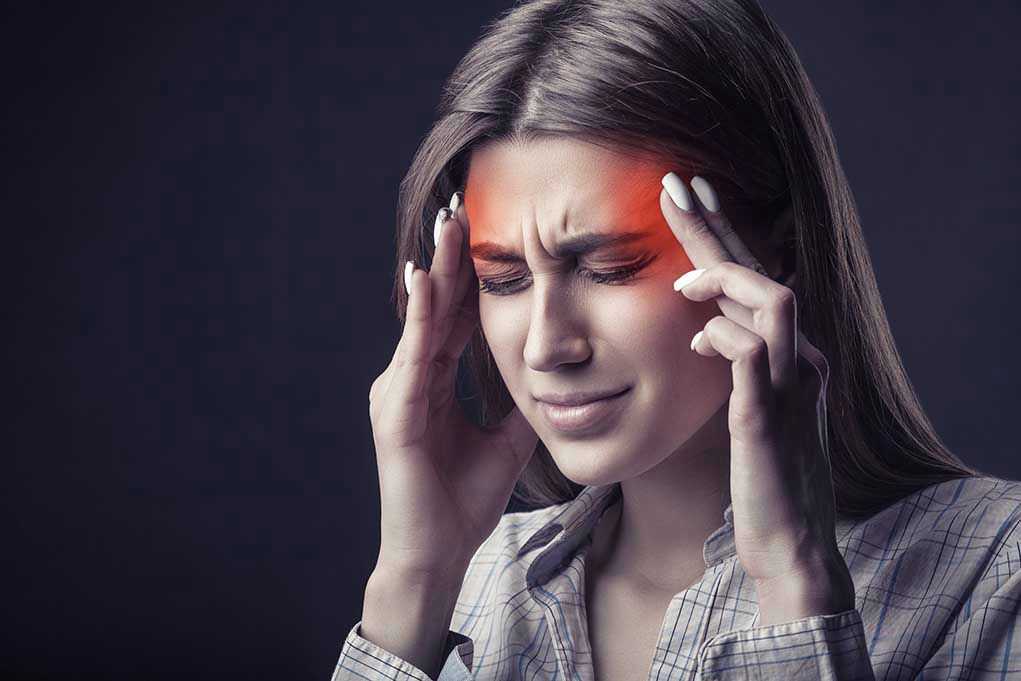
Could the secret to reducing your headaches be as simple as stepping into the sun more often?
Story Snapshot
- Recent studies link vitamin D deficiency to increased headache risk.
- Large-scale genetic research supports the causal relationship.
- Vitamin D plays roles in neuroinflammation and neurotransmitter regulation.
- Public health implications for headache prevention and management.
The Vitamin D Connection
Vitamin D, often dubbed the “sunshine vitamin,” is emerging as a crucial player in the battle against headaches. Recent research has spotlighted its potential to reduce both the frequency and severity of headaches. A 2024 bidirectional Mendelian randomization study found that higher levels of this nutrient are linked to a decreased risk of headaches, suggesting a causal relationship. This could signify a paradigm shift in how we approach headache prevention, moving from traditional remedies to nutritional interventions.
Headaches, particularly migraines, have long been a complex puzzle for both sufferers and scientists. Historically, factors such as stress, hormonal changes, and genetics were the usual suspects. However, vitamin D deficiency has become a new focal point. Observational studies began to uncover that individuals with lower vitamin D levels seemed more prone to headaches, a finding supported by large-scale surveys like the NHANES data collection from 2001 to 2004.
Scientific Evidence and Mechanisms
Genetic studies have bolstered the evidence, using methods like Mendelian randomization to infer causality rather than mere correlation. This technique gives more weight to the hypothesis that vitamin D deficiency can lead to headaches. The mechanisms are multifaceted: vitamin D’s role in reducing neuroinflammation, regulating neurotransmitters, and supporting muscle function suggests why deficiency might trigger headaches.
Beyond its neurological impacts, vitamin D also influences magnesium absorption, another mineral linked to headache relief. This connection further underscores the complex interplay of nutrients in our body and their collective impact on our health. The scientific community is increasingly recognizing these factors, leading to calls for more comprehensive studies to define optimal vitamin D levels for headache prevention.
Public Health Implications
The ramifications of this research are significant. Headaches are not just a personal inconvenience; they represent a major public health challenge due to their widespread prevalence and the economic burden they impose. By addressing vitamin D deficiency, there is potential to alleviate this burden significantly. Public health agencies are likely to consider these findings when devising future guidelines, potentially recommending more routine vitamin D screenings for headache sufferers.
The supplement industry also stands to benefit as awareness grows. Increased demand for vitamin D supplements and fortified foods could follow, driven by a more informed public. However, experts caution against a one-size-fits-all approach. Individual needs can vary based on numerous factors, including geography, lifestyle, and existing health conditions, emphasizing the need for personalized medical advice.
Looking Forward
While the evidence is compelling, the path forward involves unraveling some uncertainties. Determining the precise vitamin D levels necessary to prevent headaches remains an ongoing debate. Moreover, while vitamin D supplementation shows promise, it should complement rather than replace other established headache treatments.
The next steps involve large-scale randomized controlled trials to solidify these findings and refine treatment protocols. As research progresses, the hope is for more targeted interventions that can alleviate the suffering of millions worldwide. For now, maintaining adequate vitamin D levels appears to be a prudent step for those battling chronic headaches, offering a glimmer of hope and relief.
Sources:
The Endocrine Center – The Link Between Headaches and Vitamin D Deficiency
PLOS ONE – Association between serum vitamin D and severe headache or migraine in US adults
















